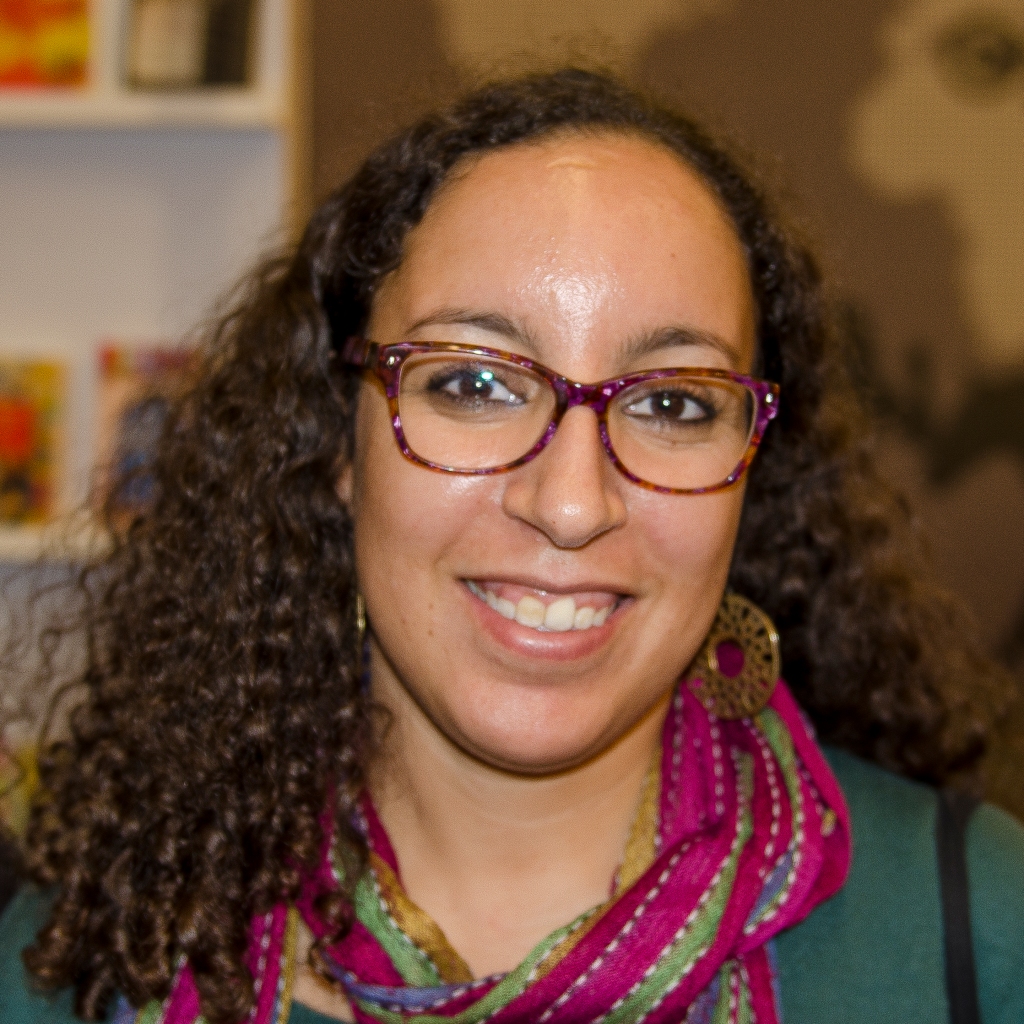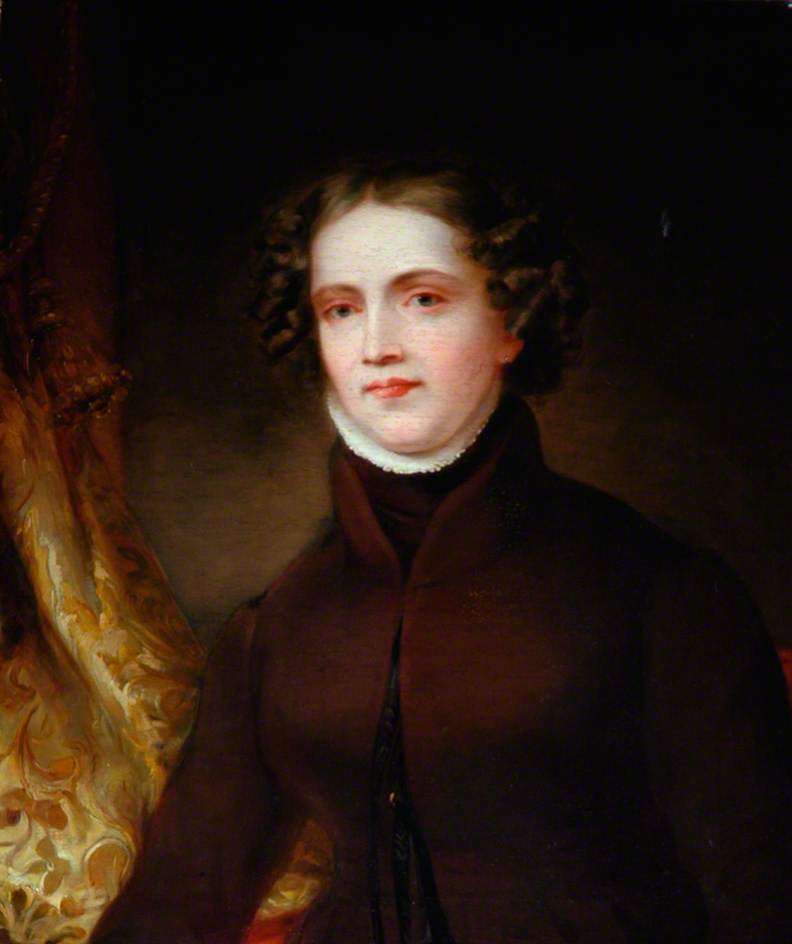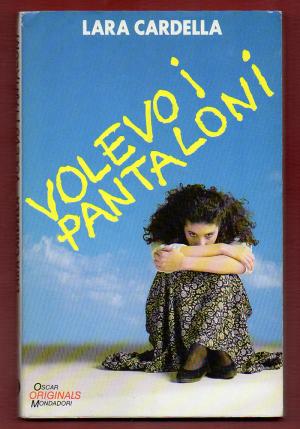Since a number of you expressed interest in reading recommendations and writing projects to pursue over the summer, I’ve compiled some lists of readings and activities that might interest you. Thank you for a wonderful semester, which we weathered together despite profound difficulties! I’ve been so pleased with your development as readers, writers, and critical thinkers.
Reading Recommendations
Translated Books
- Elena Ferrante’s next three novels in the Neapolitan Quartet: Story of a New Name, Those Who Leave and Those Who Stay, and The Story of the Lost Child, translated by Ann Goldstein
- Simone de Beauvoir’s Memoirs of a Dutiful Daughter, translated by James Kirkup
- Colette’s Claudine novels, translated by Antonia White
- Maryse Condé’s I, Tituba, Black Witch of Salem, translated by Richard Philcox
- Grazia Deledda’s Reeds in the Wind and Cosima, translated by Martha King
- Laura Esquivel’s Like Water for Chocolate, translated by Thomas and Carol Christensen
- Dacia Maraini’s The Silent Duchess, translated by Dick Kitto and Elspeth Spottiswood (e-book available through OskiCat)
- George Sand’s The Devil’s Pool, multiple translations (e-book versions – with various translators! – available through OskiCat)
- Wislawa Szymborska’s Map: Collected and Last Poems, translated by Clare Cavanaugh and Stanislaw Baranczak
- Susanna Tamaro’s Follow Your Heart, translated by John T. Cullen
English-Language Books with Similar Themes
- Louisa May Alcott’s Little Women (e-book available through OskiCat)
- Miles Franklin’s My Brilliant Career (e-book available through OskiCat)
- Mary Karr’s The Liars’ Club (e-book available through OskiCat)
- Jamaica Kincaid’s Annie John
- Joy Kogawa’s Obasan
- Carson McCullers’ The Heart Is a Lonely Hunter
- Francine Prose’s Household Saints
- Arundhati Roy’s The God of Small Things
- Amy Tan’s The Kitchen God’s Wife
Writing/Translation Projects
- Continue working on your creative translation projects! All of these were fantastic and many of you had concrete next steps planned out.
- A reading journal: I recommend that you write by hand in a notebook and record your thoughts, observations, and reactions to what you read, whether it’s online material, novels, or news articles.
- Exchange addresses with a classmate and write each other letters.
- Create your own dictionary: Whenever you come across a word you don’t know, look it up in the OED, as we did in class, and record the definition in your own file. This is something Jhumpa Lahiri does!
- Write the “missing” chapter: Think about a theme/character perspective/event that isn’t present in one of the books you’re reading and imagine that you are the author. Write the “missing” part.
- A specific “missing” chapter: Write what you imagine Lila’s “The Blue Fairy” would be like.
- Another specific “missing” chapter: Write what you imagine the diary of M. or Miss Browne might look like, if they had kept diaries as Anne Lister did.
- Write a story or poem and then translate it into another language you speak.
- Listen to a piece of music without lyrics (or with lyrics in a language you don’t understand) and “translate” what you hear into words.
- Reverse outline articles or other short written pieces that you enjoyed reading and do a freewrite reflecting on what the structure of the article contributed to your enjoyment.
- Think of a word you like – it doesn’t have to be a logical choice! – and reflect in writing on why that word resonates with you.
- Experiment with writing “bilingually” – whether writing in multiple languages or intermixing other mediums (i.e. intersperse your writing with drawings).
Viewing Recommendations
- Two documentaries about Pina Bausch: Pina (2011), dir. by Wim Wenders and One Day Pina Asked… (1983), dir. by Chantal Akerman
- A documentary about Martha Graham: A Dancer’s World (1957)
- A documentary about Neapolitan music, including its linguistic diversity, Passione (2010), dir. by John Turturro





